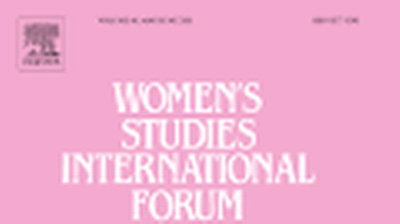Building capacity for development and food security in Malawi. Mid-term review of the Bunda college capacity building programme (BCDP)
How to cite this publication:
Ramji Nyirenda and Arne Tostensen (2009). Building capacity for development and food security in Malawi. Mid-term review of the Bunda college capacity building programme (BCDP). Bergen: Chr. Michelsen Institute (CMI Report R 2009: 4)
This report presents the findings of a mid-term review Phase III of the Bunda College Capacity Building Programme (BCDP) in Malawi. The efforts during the previous phases are bearing fruit. Bunda College of Agriculture has matured as an institution and acquired a new degree of self-confidence. While institutional stability and functionality have improved concerns persist about sustainability in the absence of donor funding. Major strides have been made in improving the infrastructure. A new research and consultancy policy has been adopted. Through consultancies knowledge and technological skills are conveyed to a wider constituency. Consultancies are also a source of revenue for the College and provide supplementary income for academic staff, which serves as a retention mechanism. The ambition of Bunda College to transform itself from a constituent college of University of Malawi to a fully-fledged university through a merger of three existing institutions of higher learning in the Lilongwe area has not materialised. The College has also failed to establish an endowment fund which is worth revisiting. Bunda Farm was ‘commercialised' in May 2005 as a limited liability company. It was previously a financial drain on the College and appeared to be on a recovery path. The Farm does not have title deed to the land, which is leased on a yearly basis from Unima as the formal custodian. Hence, land cannot be used as collateral and the government is unwilling to provide a guarantee, and credit institutions are, therefore, reluctant to extend loans. This predicament hampers the farm's profitability and the prospects of Bunda College earning a sizable income. It is urgent that a solution be found to the under-capitalisation of Bunda Farm Ltd. Bunda has no systematic maintenance plan; repairs and maintenance measures are taken largely on an ad hoc basis as and when money is available. A comprehensive maintenance plan for all assets is urgently needed. Future priorities otherwise include library support; information and communication technology (especially improved Internet access for students); and collaboration with sister institutions in the region and beyond.







